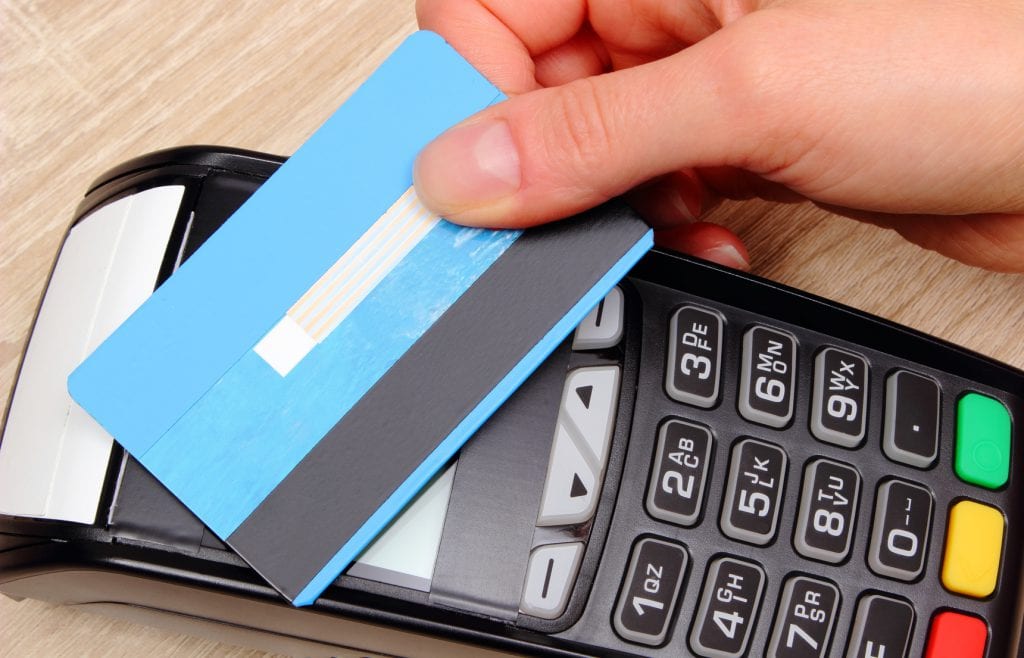Prepaid card program managers could soon havea hard time distinguishing their products from one another underthe Federal Reserve’s rules for implementing the Durbin Amendmentto the Dodd-Frank Wall Street Reform and Consumer Protection Act.The rules state that if a prepaid card gives access to theunderlying form through any means not associated with the card,then it is not exempt from the limits on debit interchange.
The Federal Reserve Board’s reasoning for this is that if ‘thefunds underlying the card may be accessed by the customer usingalternate payment methods, the customer would have access to anaccount held by the customer or for the customer’s benefits.” Whatthis means is that prepaid card program managers cannot offercourtesy checks, ACH or wire transfers, person-to-person paymentservices, electronic bill pay, or anything else not directly tiedto the card.
While many card programs do not need to worry because theirunderlying issuers hold less than $10 billion in assets and arethus exempt, programs such as payroll cards that are issued bylarge banks could be in real trouble. These cards will no longerqualify for a prepaid exemption if they offer value-added servicessuch as a courtesy check. For a cardholder who receives his pay onthe card and uses that as a primary transaction tool, this couldpresent real problems.
Not everything can be paid for with a card. For example, there arestill many landlords who only accept checks or money orders. Theupshot of this provision of the rules is that these cardholderswill likely be forced into buying a money order or taking out cashto make payments that they may have been able to make usingcourtesy checks or ACH payments.
Banking regulators want to see financial services companies domore to help people without bank accounts save money and avoidcostly service providers. Yet with these rules, they make it morelikely that these consumers will be pushed further away from thebanks.
